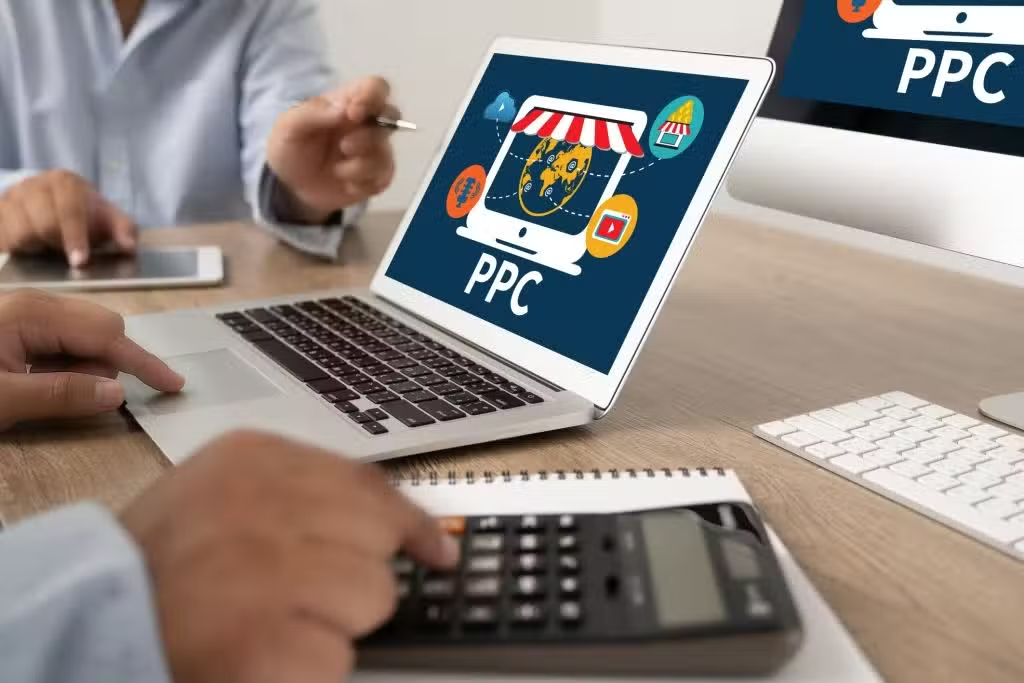Good PPC campaigns can help businesses boost their overall ROI by increasing traffic to their site/s, increasing the return on investment that they receive from every visitor, and effectively driving qualified customers who are ready to convert. Here are 4 factors for building Successful PPC campaign:
Identify Goals With Budget In Mind
Before you ever launch your first campaign, you should think about exactly what you want to accomplish with PPC, not just in the immediate future, but also in the medium and long-term. This may not be as straightforward as it may seem.
For example, if you run an online retail shop, you may want to increase your store’s overall revenue during a given period. However, your PPC campaigns may only contribute to a portion of this increase. If you sell internationally, you may also want to increase your website’s international traffic, and your PPC campaigns may help to affect this change.
Whatever objectives you define, remember that your PPC campaigns are only effective to the extent that they help you achieve them. Your PPC budget should be largely determined by your objectives, and you should always track how your campaigns are affecting your overall goals. With this in mind, determine how much you are willing to spend on PPC — and, specifically, how much you can afford to pay per click. Remember that if your keywords are highly competitive, they may drive up the per-click price of your traffic, which may make your ads expensive to maintain. On the other hand, if your budget is limited, you may need to target less competitive keywords. In either case, this decision should be informed primarily by your objectives.
Do Competitor Paid Ad Research
Regardless of your industry, there is always competition in the PPC ad space, and understanding the strategies of your competitors can help you create a more effective strategy for your campaigns. Analyze your competitors’ websites and ad campaigns, and look for any patterns and trends that can help you to guide your efforts. In particular, you should take note of the keywords your competitors are bidding on, as these keywords may indicate the areas of greatest opportunity for your campaigns. In addition, consider your competitors’ landing pages. If your competitors are successfully persuading customers to convert after clicking on their ads, you may be able to use similar strategies in your campaigns.
Build Out PPC Keywords and Ad Groups
Now that you have identified your goals, and have decided on a per-click bid price, it is time to begin creating your PPC keywords. Keywords are the search terms that prompt your ads to display in search results, and they are also the topics that help your ads and landing pages speak to your customers. Your first step is to create an initial set of keywords that are relevant to your site and campaigns, and you should make sure that these keywords accurately describe your products and services. In addition, you should include keywords that indicate high purchase intent, such as “buy” or “cheap.” After you have compiled a list of keywords, group them into relevant ad groups, each of which should contain keywords that are relevant to a specific aspect of your business. For example, if you run an online shoe store, your “women’s shoes” ad group should contain keywords related to women’s shoes, while your “sporting goods” ad group should contain keywords related to sporting goods.
Build High Converting Landing Pages
Although keyword relevance and ad groups help you to narrow in on your target market, they are not the only factors that will help your ads and landing pages speak to your customers. Your landing pages, or the first web pages that customers see after clicking on your ads, are equally important
This was an overview on building a successful PPC strategy that would effectively convert, for more detailed information, you can get in touch with our PPC experts in Sydney.










